Malaysia and Singapore Reunite After 60 Years with New Economic Zone
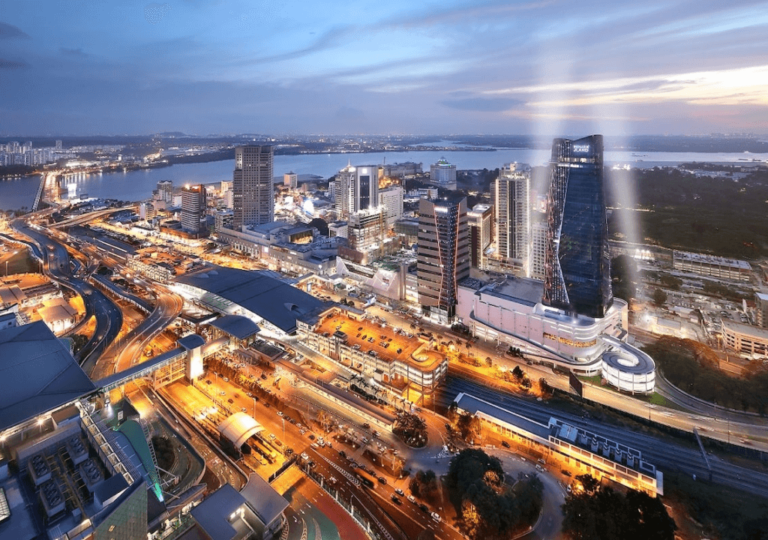
Malaysia and Singapore have launched the Johor-Singapore Special Economic Zone to boost bilateral ties and attract global investment

Malaysia and Singapore have launched the Johor-Singapore Special Economic Zone to boost bilateral ties and attract global investment
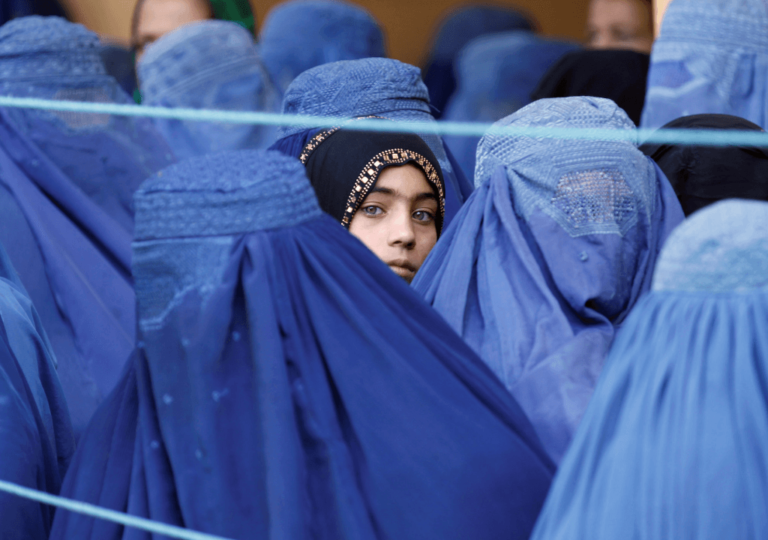
India seeks to strengthen ties with the Taliban amid shifting regional dynamics and evolving security concerns in Afghanistan
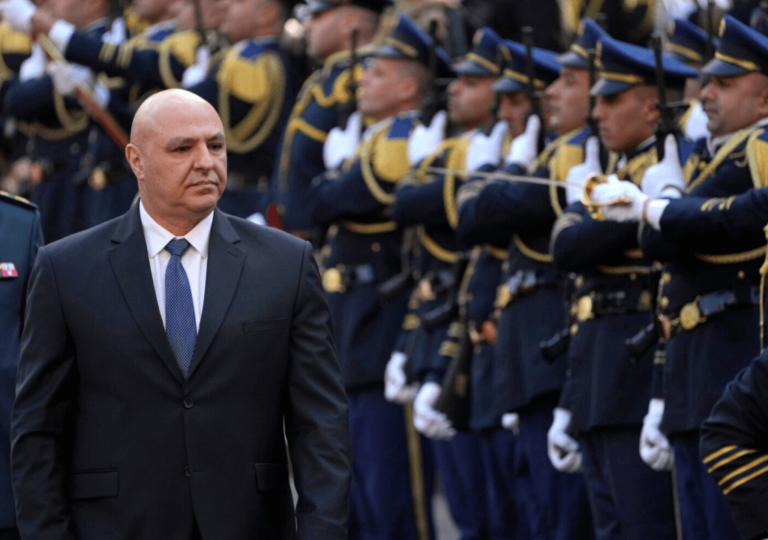
Lebanon elects Army Commander Joseph Aoun as president, signaling a shift away from Iran's influence and hope for stability
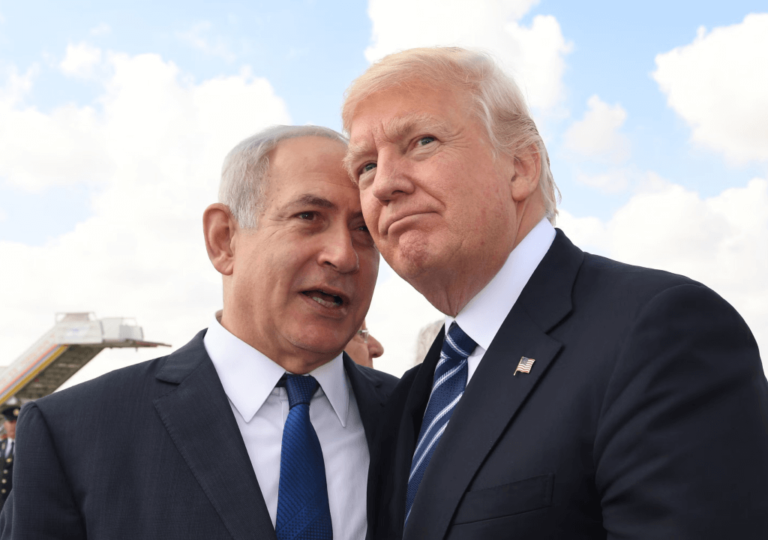
Donald Trump aims to broker a Gaza ceasefire as he begins his second term, emphasizing urgent negotiations and hostages release
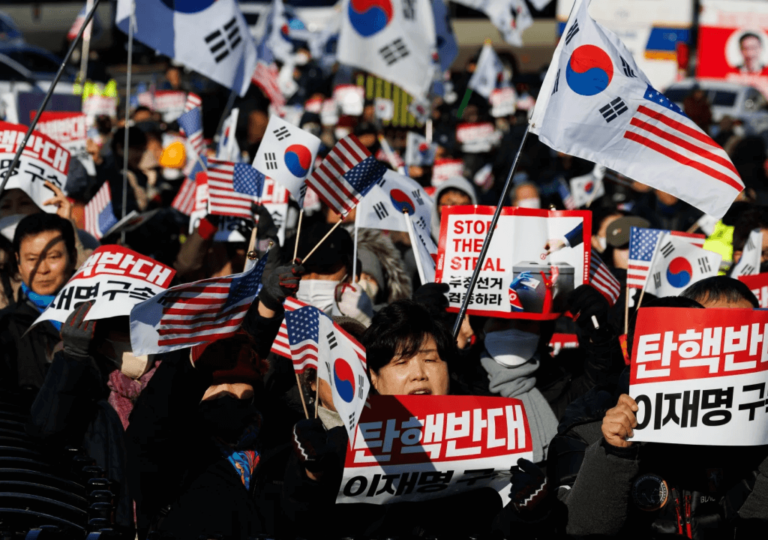
South Korea faces severe economic challenges due to political unrest, with a weakening won and declining business sentiment
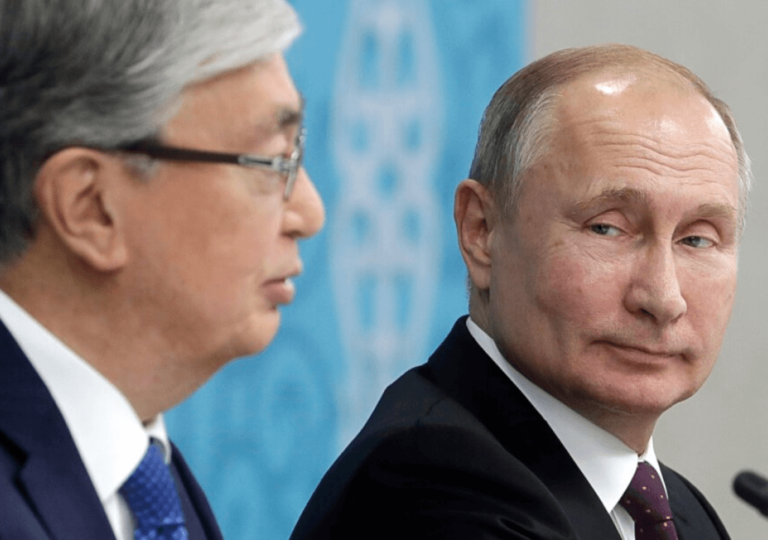
Russia apologizes to Azerbaijan after accidentally shooting down a civilian plane, straining their historic alliance
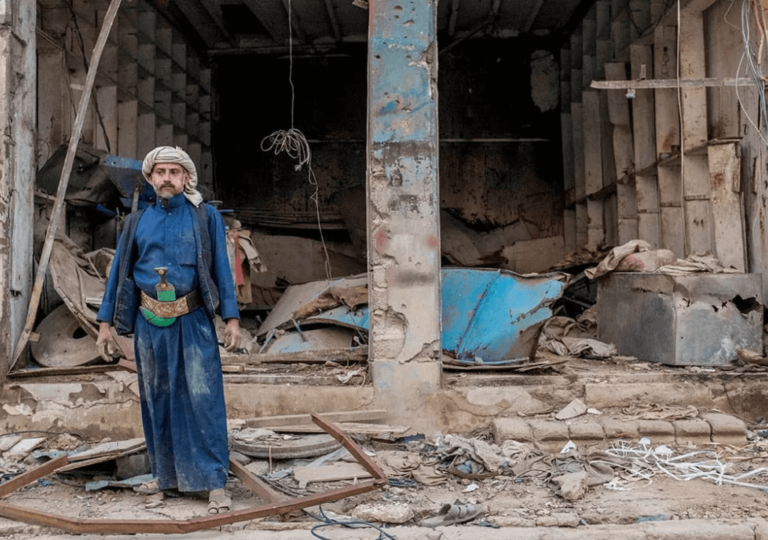
The Israel-Iran conflict is reshaping alliances in the Middle East, with potential resolutions in Syria and Yemen emerging
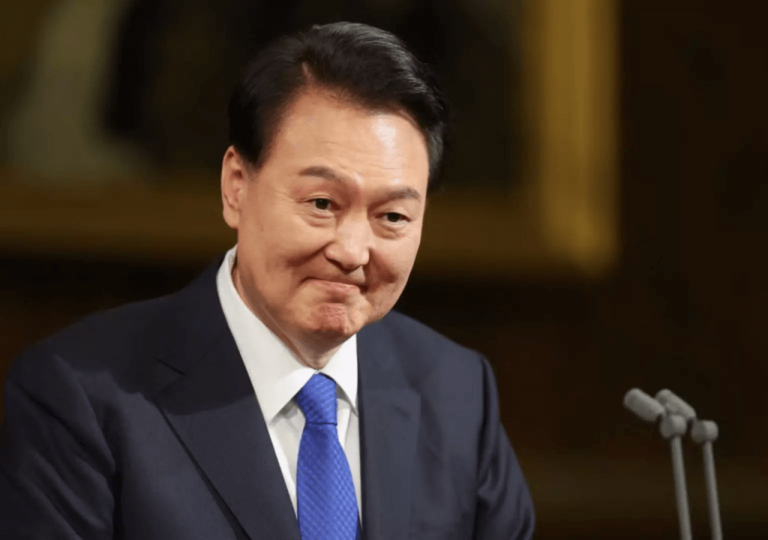
Amid South Korea's political turmoil, President Yoon Suk Yeol faces calls for resignation and potential arrest over insurrection charges
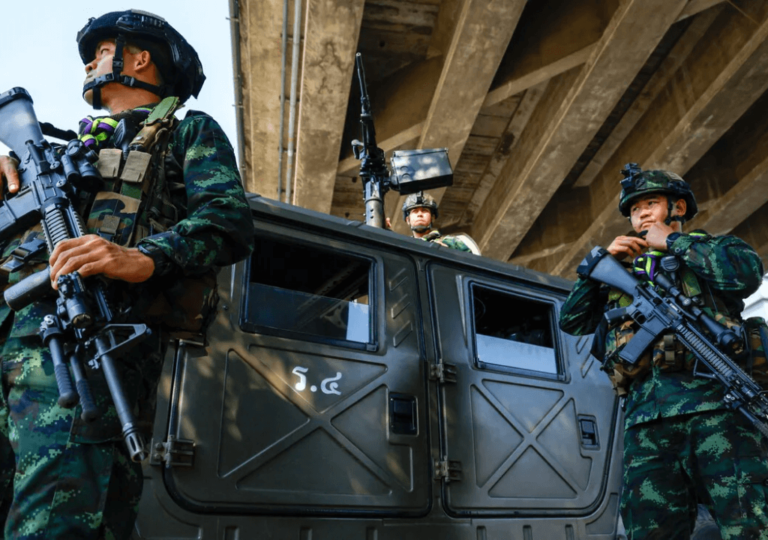
Bangladesh faces escalating tensions with Myanmar due to the Arakan Army's growing influence along their border
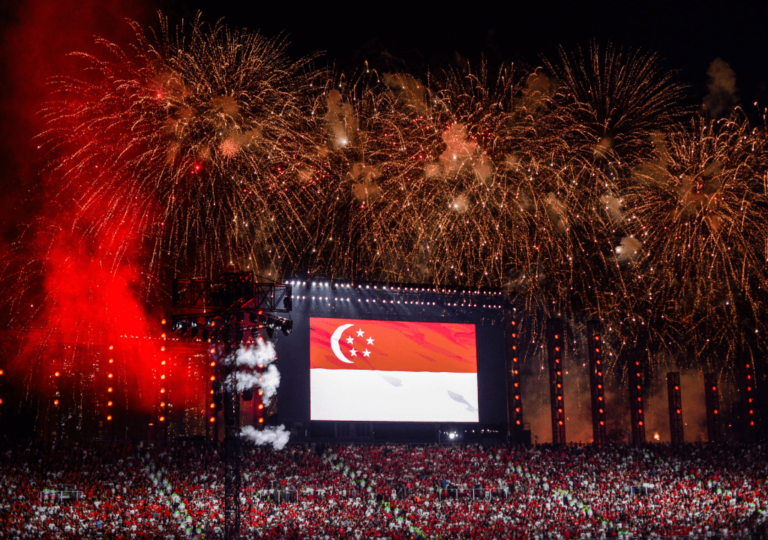
Singapore's 60th anniversary in 2025 promises a year of reflection, unity, and significant political changes ahead of a crucial general election
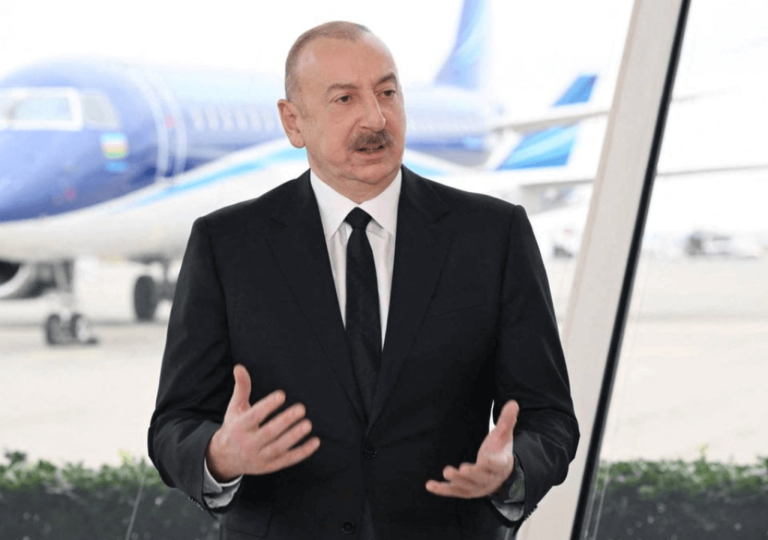
Azerbaijan's loyalty to Russia is tested after a tragic plane crash, prompting demands for accountability and potential shifts in alliances
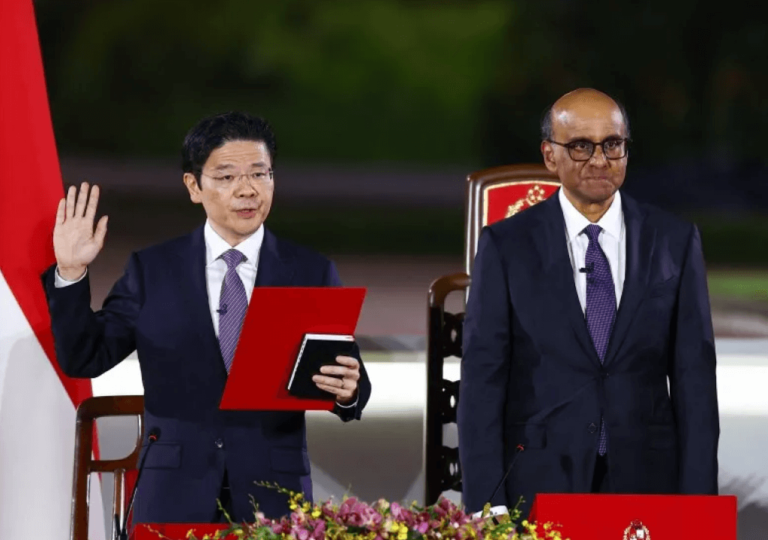
Explore the significant political developments in Singapore as parties prepare for the pivotal general election in 2025